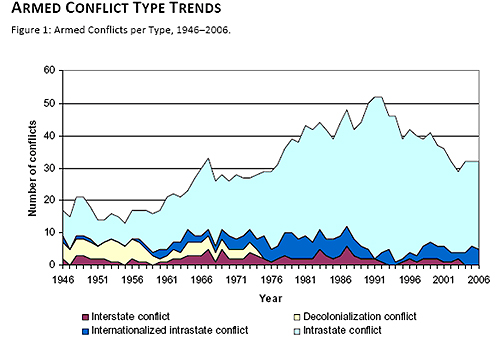


The Republic of Sudan is currently in a so-called transitional phase towards elections in 2024, following the overthrow of the dictatorship of Omar al-Bashir, with a civilian-military government led by Prime Minister Abdallah Hamdok and the Sovereign Council. While it is, therefore, a country with a historical succession of inequalities and struggles, the current one stands out as one of the most virulent socio-economic crises in its history. Notably, in the political sphere, the last decades of the country's recent history have seen alternation between multi-party parliamentary systems and dictatorships, punctuated by numerous armed conflicts, not only between North and South Sudan, with the milestone of South Sudan's independence in 2011, but also between regions in the North in competition for resources and along ethnic, socio-cultural and religious divides.4


 0 kommentar(er)
0 kommentar(er)
